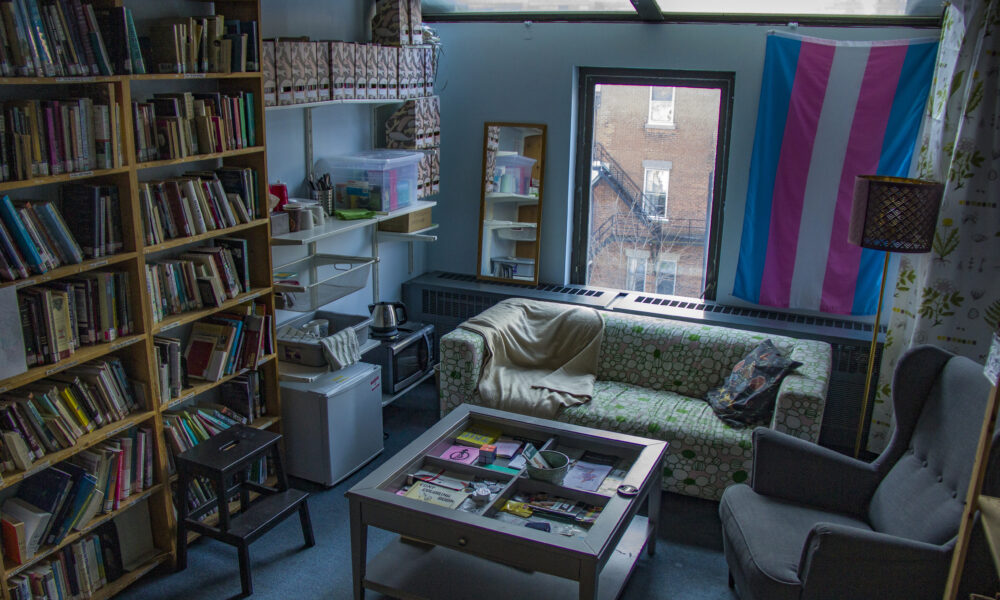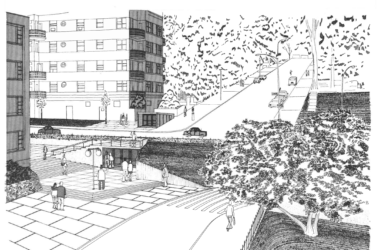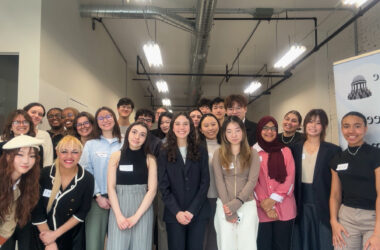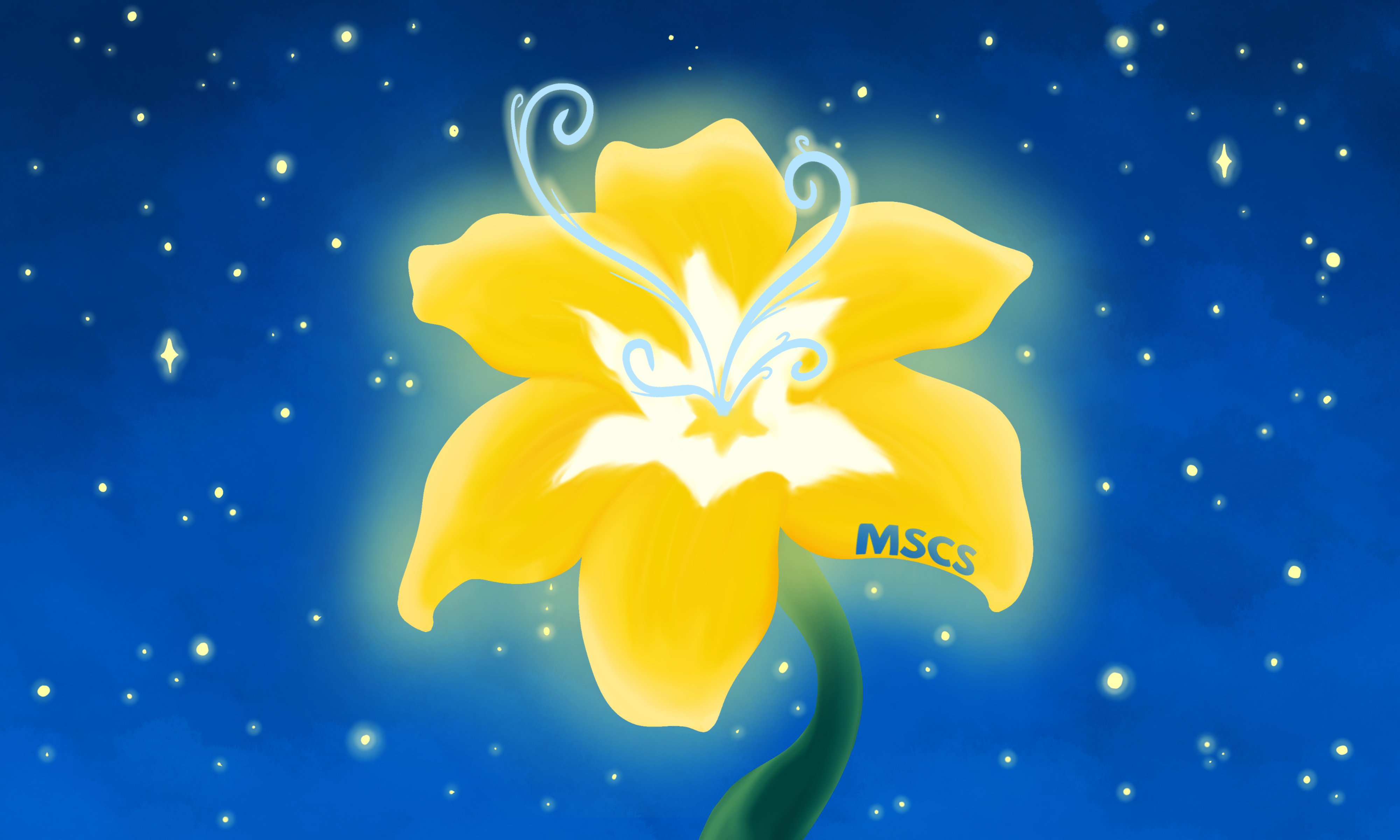Founded in 1912 as the McGill Women’s Union, the Union for Gender Empowerment (UGE) was established as the university’s only female social club. It provided a space for women to gather since the Alma Mater Society, the precursor to the Student’s Society of McGill University, was a men’s-only club until 1931. In 2004, the Women’s Union was rebirthed as the UGE, with the aim of promoting a wider, more inclusive struggle against all types of gendered oppression. This made the collective open to all, regardless of gender identity. Today, the organization functions non-hierarchically—a legacy of the 1970s club members.
The UGE’s activities have changed a lot over its more than 100 years of activity, in line with the shifting realities of the century. When going through the archives of the collective, one of the members of the UGE, Keith Bellec-Warrick, a master’s student in the Faculty of Education, found a pamphlet created by the Women’s Union that explained to women how to fake a psychotic episode in order to obtain the three doctors’ approval required to receive an abortion. In 2023, the UGE focuses its resources on anti-oppressive, trans-positive, and anti-racist feminist activism and education.
The UGE office is home to the largest queer anglophone library in all of Quebec, which it runs in collaboration with Queer McGill. The library is composed of films, books, research archives, zines, booklets, and more, many of which are hard to find elsewhere. For instance, the library boasts a substantial collection of self-published 1970s feminist poetry that was purchased and donated by former members of the McGill Women’s Union.
“The library is in the office, it has an online catalogue that you can consult which is the queer library and the UGE library,” Bellec-Warrick told The Tribune. “All you need to do is come to the office and a staffer will help you create an account and you [can check out a book], we don’t ask for any proof of ID or anything like that.”
Also in line with its educational mandate, the group hosts weekly discussions and readings that are open to all on Wednesdays, known as their Feminist Café. “[The Feminist Café] is pretty simple—you show up on Wednesday night, we print out a reading, read it together, and discuss over coffee and snacks,” Bellec-Warrick explained.
In February, the Feminist Café embarked on a four-week series exploring Black feminist texts, which featured a selection of Black feminist and womanist writers, including Assata Shakur, bell hooks, Audre Lorde, and Angela Davis.
It’s clear to any attendee that UGE is dedicated to accessible event-planning, like offering transit tickets and allergen-free snacks to attendees who may need them.
To expand access to critical resources, the UGE operates a co-op that provides menstrual health and gender-affirming products to the McGill and Montreal community on a pay-what-you-can basis.
“Along with our menstrual products, we also keep basic makeup, specialized underwear for trans women, bras on order (even specialized bras), and anything people need for nursing on order as well,” said Bellec-Warrick. “And of course, we take requests, so if someone is like we need something, we order it, no questions asked.”
They are currently well stocked with menstrual products and binders, which can be ordered using a Google form on the group’s website.
The UGE intends to ask for a fee levy next fall in order to increase its operating budget and meet rising costs amid inflation. Bellec-Warrick explained that 300 pairs of menstrual underwear, which UGE stocks in its co-op, cost around $10,000—a third of the yearly budget—even at bulk price.
The UGE office is open to all and located in room 413 of the University Centre––It’s what Margaret Hopkins, a master’s student in music technology and UGE member, would call a “safe space to hang out and find someone to talk.” To keep in touch with the UGE and up to date on their activities, sign up to their Listserv and check out their Linktree. Follow them on social media on Instagram, Facebook and Twitter.









